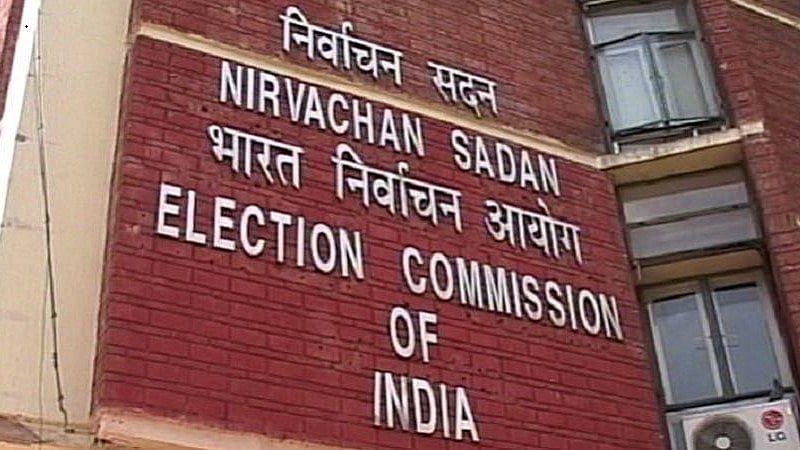Nation
Bihar election: Political ads for polling days need pre-certification, reminds ECI
Is the Election Commission’s move to underscore tight campaign regulations an attempt to project impartiality — even as its credibility buckles under the public’s doubt?

In an apparent bid to ensure a level playing field amid growing criticism of its alleged bias for the ruling powers, the Election Commission of India (ECI) made it mandatory for all political advertisements in print media to obtain pre-certification before publication in Bihar — and now issues a specific warning on ads published on the polling days or the day prior.
The directive, issued by deputy director P. Pawan, states that “no political party, candidate, organisation, or person shall publish any advertisement in print media on the poll day and the preceding day unless the contents are pre-certified by the Media Certification and Monitoring Committee (MCMC) at the state or district level”.
The move comes as the ECI faces questions over its neutrality and handling of complaints against ruling party leaders. Observers view the latest directive as an attempt by the poll body to reaffirm its commitment to maintaining fairness and transparency in the run-up to the Bihar Assembly elections.
According to the Commission, those seeking pre-certification must submit applications to the MCMC at least two days before the intended publication date. To ensure timely clearance, the MCMC has been activated at both state and district levels.
Published: undefined
For Bihar, the restricted days for publication are 5 and 6 November for Phase I and 10 and 11 November for Phase II. The polling for the two phases is scheduled on 6 November and 11 November, respectively.
The ECI’s latest order aligns with its Model Code of Conduct (MCC) guidelines, which include a goal to prevent last-minute disinformation or paid news campaigns that could unduly influence voters.
Pre-certification of ads is mandatory in general; however, this is apparently a specifically targeted step — but the publicity around it begs the question, why just these and why now?
Published: undefined
In the past, political parties have used print ads on polling days to circulate misleading or communal material — a practice the Commission has tried to curb since the 2014 general elections, when it first introduced pre-certification norms.
However, critics argue that the Commission’s enforcement has been inconsistent. Opposition parties have often accused the ECI of selective action, particularly in cases involving BJP leaders. The fresh order, therefore, is being seen not just as a procedural step but as a test of the Commission’s credibility in the most closely watched state elections this year.
With the Bihar elections widely regarded as a barometer for national politics, the ECI’s moves to tighten campaign regulations signal its attempt to project impartiality — even as its credibility continues to face public scrutiny.
Published: undefined
Follow us on: Facebook, Twitter, Google News, Instagram
Join our official telegram channel (@nationalherald) and stay updated with the latest headlines
Published: undefined